Nova Scotia Spirits 101
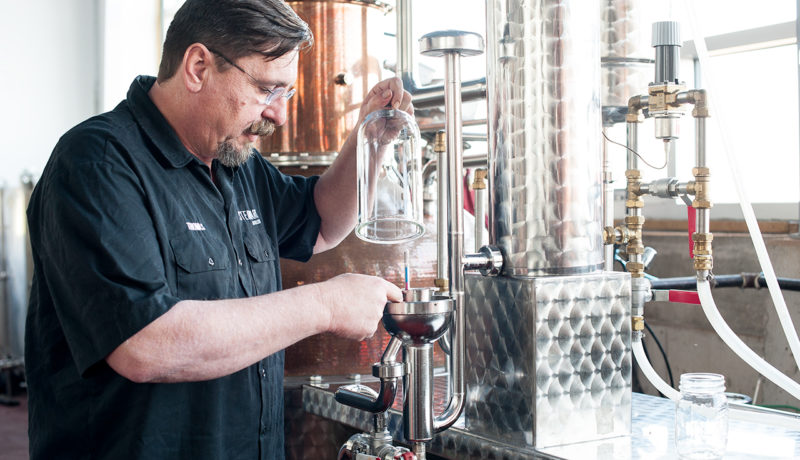
From brandy, rum, gin, vodka, whisky, and ready-to-drink cocktails and coolers, Nova Scotia’s spirit industry is broad and full of variety. The world of spirits is complex, so we’re providing you with everything you need to know about these popular Nova Scotian products.
So what exactly is a spirit?
A spirit is an alcoholic beverage that is distilled rather than fermented like beer or wine. In Nova Scotia, we have many incredible distillers across the province who help define who we are in the beverage-alcohol community.
Keep reading for details on the spirits produced in Nova Scotia, a breakdown of spirit terminology, and some delicious cocktail recipes to try. It’s time to unleash your inner mixologist!
Spirit Lingo
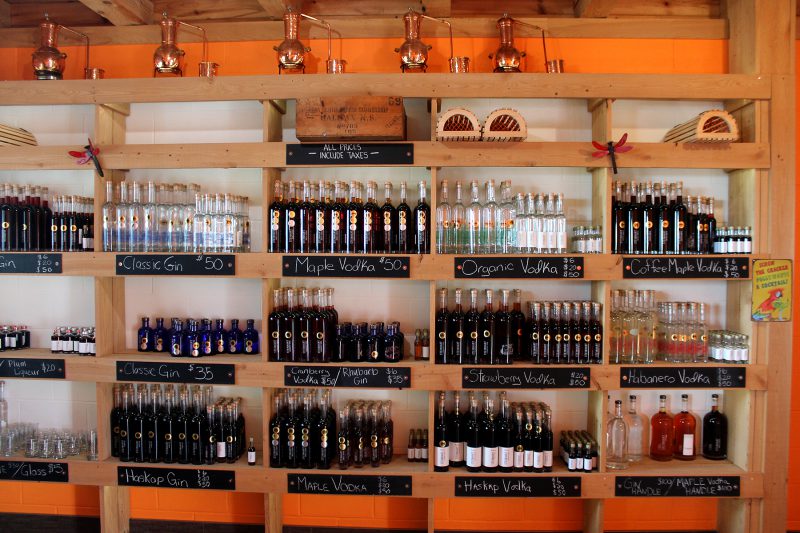
Ordering and shopping for spirits can be intimidating. With so many terms used to describe the distilling process and spirit styles, it’s hard to know where to start. Consider this your spirit dictionary— listed below is all the lingo you’ll need for your cocktail night.
Distillation: The process of separating the components of a liquid using selective evaporation and condensation.
Mash/Wash/Wine: Terms used to describe the fermented liquid being distilled, whether it’s derived from grains or fruits/vegetables.
Proof: Twice the alcohol (ethanol) content by volume. For example, a whiskey with 40 per cent alcohol is an 80-proof whiskey.
Infusion: The process of infusing a finished spirit with an added flavour. This is done by placing the desired ingredient directly into the spirit and letting it seep for a certain amount of time.
Neat: If you want to your spirit served on its own without any ice, mixers, or chilling, you would order it neat.
Straight Up: A spirit or mixed drink that’s been chilled and served without ice.
On the Rocks: The classic way to order a spirit, meaning it’s poured over ice cubes.
Cocktail: Traditionally a mixture of spirits, sugar, water, and bitters. Now used as a term to describe any kind of spirit-based mixed drink.
Twist: Ordering a drink with a twist means a twist of citrus peel (usually lemon) will be added to the beverage.
Shot: A small pour of a straight spirit.
Shooter: A mixed drink, spirit, and additional flavourings served in a shot glass.
Types of Spirits
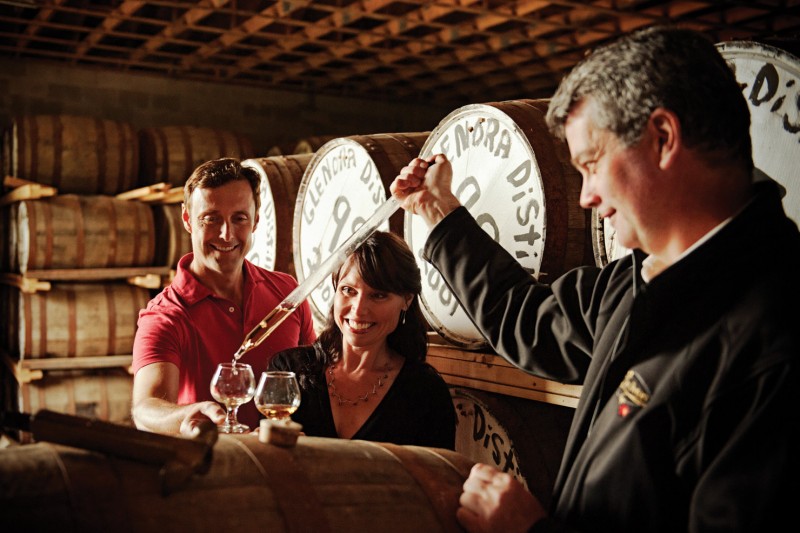
Each type of liquor is different from the next. Below we’ve outlined their distinct characteristics so you can choose which caters best to your unique taste. We’ve also provided some tasty cocktail recipes using a variety of local spirits that you can make right at home!
Rum
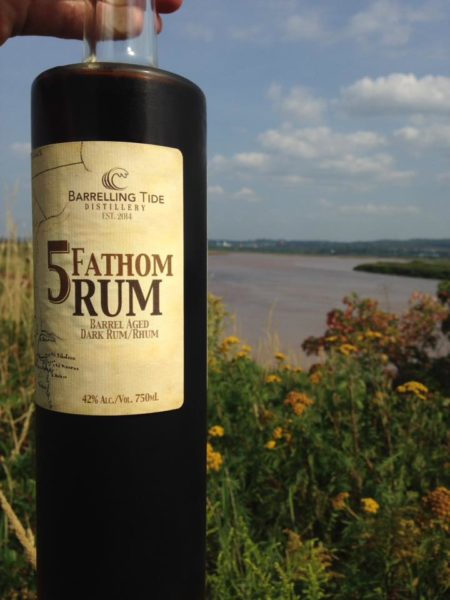
Rum is distilled from sugar, either molasses or pure sugar cane, giving it a sweet profile. Often it’s described as having a “toasted sugar” flavour, but this varies by style. Rum can be light, dark, gold, over-proofed, spiced, or flavoured. It typically has a 40 per cent alcohol/volume.
Rum cocktail: Wild Blue Rum Runner
Gin
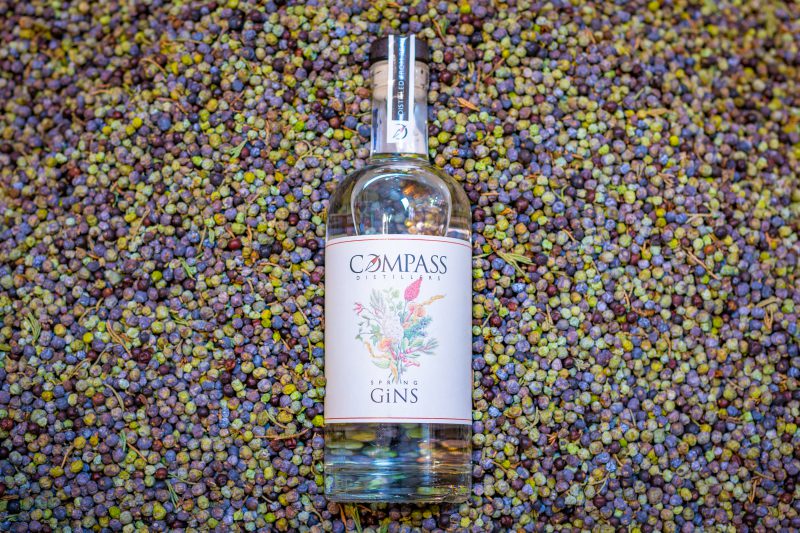
Gin is distilled from neutral grains like barley, wheat, rye, and corn. It’s then flavoured with different types of botanicals which vary depending on the producer. Due to the common use of juniper berries, gin is herbal, dry, and often gives off an earthy aroma and flavour. It’s typically un-aged and has a 40 – 47 per cent alcohol/volume.
Gin cocktail: Blueberry Lavender Gin Fizz
Vodka

Similar to gin, vodka can be distilled using neutral grains as well as potato, beets, grapes, and other bases. It can be viewed as the most diverse and all-encompassing of the spirits. Vodka typically has a very neutral ethanol taste which varies depending on what it’s flavoured with. It’s more commonly described by texture, either oily or medicinal. Vodka is typically un-aged and has a range of 40 – 50 per cent alcohol/volume.
Vodka cocktail: The Trapped Lobster
Brandy
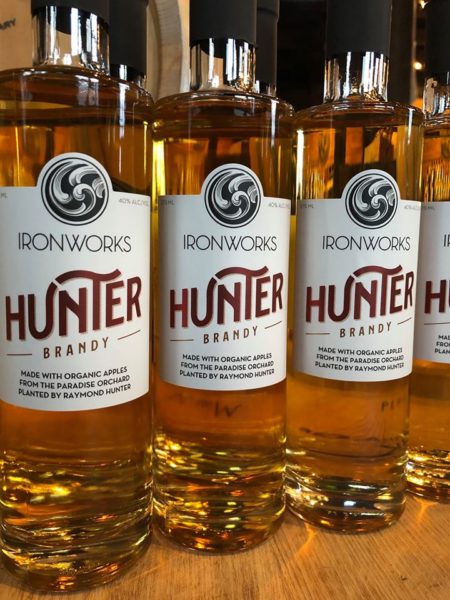
Brandy is a liquor primarily produced by distilling wine, but fruit brandy can also be created by distilling mash, juice, wine or residues of edible fruits including apple, apricot, cherry, peach, and other fruits are also used. The taste varies depending on the fruit it is made from. It’s typically aged and provides a 40 per cent alcohol/volume.
Brandy Cocktail: Life Round Here Cocktail
Whisky
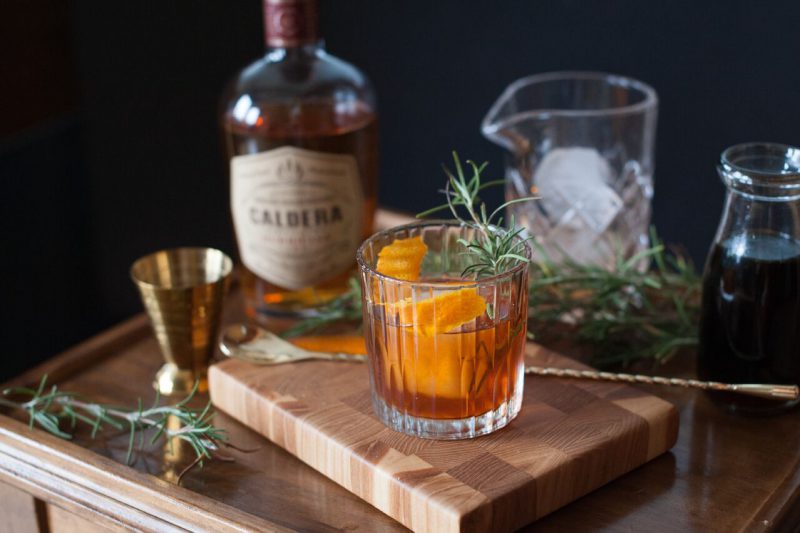
Whisky is highly complex and distilled from mixtures of malted grains which vary by style. Styles of whisky range from Irish, Scotch, Bourbon, Rye, Tennessee, Canadian, Blended and more, each with their own distinct characteristics. Typically, however, whisky has a roasted malt grain flavour with hints of oak undertones. The alcohol content usually ranges from 40 – 50 per cent, with some being higher.
Whisky Cocktail: Nova Libre Cocktail
Liqueurs
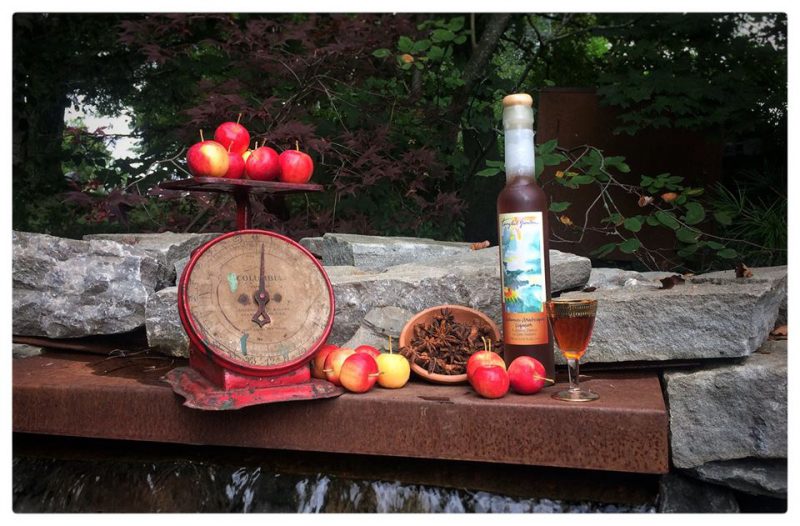
A liqueur is a flavoured and sweetened distilled liquor with alcohol content ranging from 24 to 60 per cent. Liqueurs are produced by combining a base spirit, with fruits or herbs and a sugar syrup composing of more than 2 1/2 per cent of the total beverage by volume. Liqueurs may be served straight, poured over ice, or mixed in an endless variety of combinations!
Ready to Drink Beverages
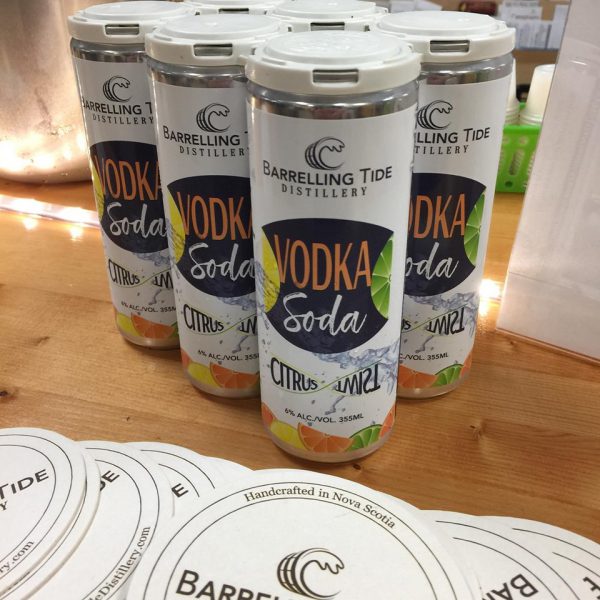
Ready-to-drink beverages are becoming an important part of Nova Scotia’s spirit industry. With their rise in popularity, we are seeing many local distillers introduce them to their product lines. These drinks mainly consist of ready-made cocktails that are bottled or canned for convenience. Whether it’s hard lemonade, vodka soda, or gin and tonic, there are local options for everyone!
Check out these local distillers: Authentic Seacoast Company, Barreling Tide Distillery, Caldera Distilling Inc., Coldstream Clear Distillery, Compass Distillers, Halifax Distilling Co., Ironworks Distillery, Steinhart Distillery, Still Fired Distilleries, and Tipping Point Distillers.
